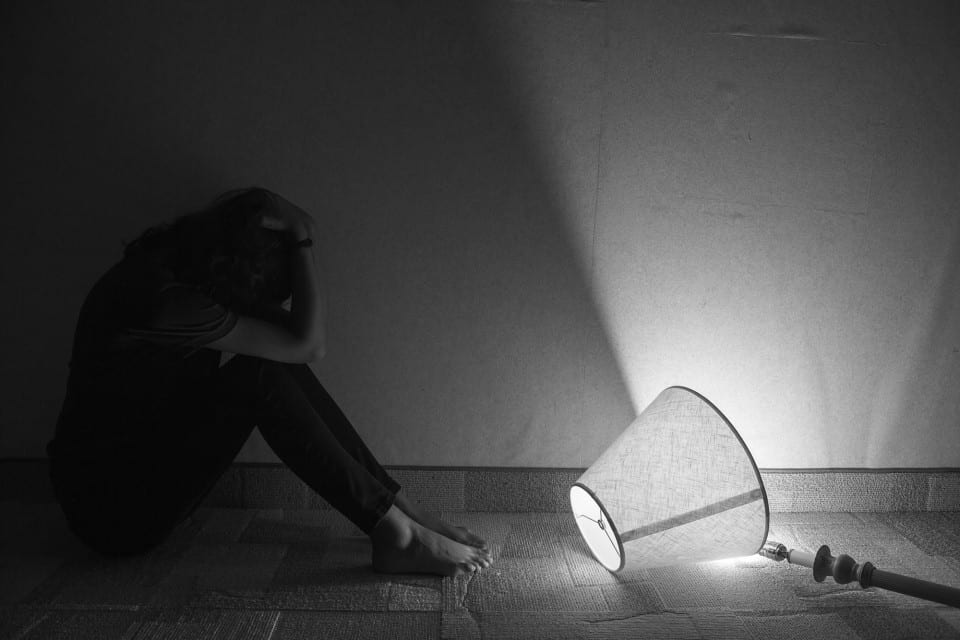[dropcap]Jennifer[/dropcap] Pan recently made headlines once again because of her shocking crime. Having been forced into a guarded, restraining lifestyle of high academic standards by her parents, Pan became so resentful that she hired hit men to kill them.
Stories of the impossible expectations Pan lived with have rung true to with many Asian-Canadian students. In fact, the apparently Asian style of ‘tiger parenting’ — which is characterized by strict rules, an emphasis on children’s obedience, and high academic expectations — has been routinely identified as the source of Pan’s stress and anxiety. Although ‘tiger parenting’ can lead to better grades, research has shown it also contributes to poor mental health, and Pan herself told the Globe and Mail that she had attempted suicide.
So, while extreme, Pan’s situation should not be treated as a mere symptom of ‘bad’ parenting; rather, we should consider how the problem manifested due to mental health issues and the lack of support surrounding those problems. While Ontario high schools have counsellors, there’s only so much they can do, because they tend to be busy teachers as well. Mental health services should be accessible province-wide for people of all ages, but OHIP actually doesn’t cover psychological services. In fact, most other health insurance plans don’t provide enough for even monthly psychological treatment.
Most importantly for us, U of T claims to offer free mental health support, but these services are often downright inaccessible and rife with prejudice. For instance, in 2014, U of T student James Rodriguez became depressed and attempted suicide. After being hospitalized, Rodriguez found out that he wasn’t welcome back at his residence, and could only return in the winter with psychiatric approval. Instead of being offered crisis housing, Rodriguez had to jump through dozens of hoops himself to try and get help, and still remained without sufficient support.
I can relate. It was debilitating to have to juggle the emotional and physical symptoms of anxiety while trying to get adjusted to first year. I spoke with a counsellor to be evaluated, then with another counsellor who left in May, which meant having to find a new counsellor. Having to relive my problems over and over with stranger after stranger was scary and incredibly draining.
I then went to Health Services to get a routine evaluation from a medical doctor. After I divulged the details of my anxiety yet again, the doctor told me to get a blood test at a lab that is affiliated with U of T. I called the lab upwards of ten times and no one ever answered the phone — I couldn’t even leave a voicemail.
Eventually, I gave up. In a similar vein, James Rodriguez told Vice that he didn’t want to be at U of T anymore because of how unnecessarily complicated the psychiatry services are; he said he felt “disposable.”
Clearly, our society and institutions should be more considerate and pro-active towards mental health issues. While U of T created a mental health committee in late 2013, it is unclear what tangible or practical reforms have been instituted. Criticisms surface frequently, such as the questions surrounding U of T’s mental health protocols after regular business hours, and the fact that students are often referred to OISE student counsellors instead of professional therapists, who are able to more effectively handle serious cases of mental turmoil.
We also can’t just blame institutions for the way that mental health is handled on campus — Erin Hodgson, a former U of T student, was voted out of residence a few years ago by her own peers after she attempted suicide. This type of social exclusion and isolation is unacceptable.
Consequently, we need to recognize the negative way we talk about mental illnesses, and we need to stop creating outcasts. Pan’s story should not be written off as simply a symptom of overbearing Asian parents — this generalization is not only racist and callous, but also makes an exception of the link between academic pressures and poor mental health services in the province. For meaningful change to occur, we must all take responsibility for shifting the culture around mental health from toxicity to support and understanding.
Shailee Koranne is a second-year student at Victoria College majoring in equity studies.


